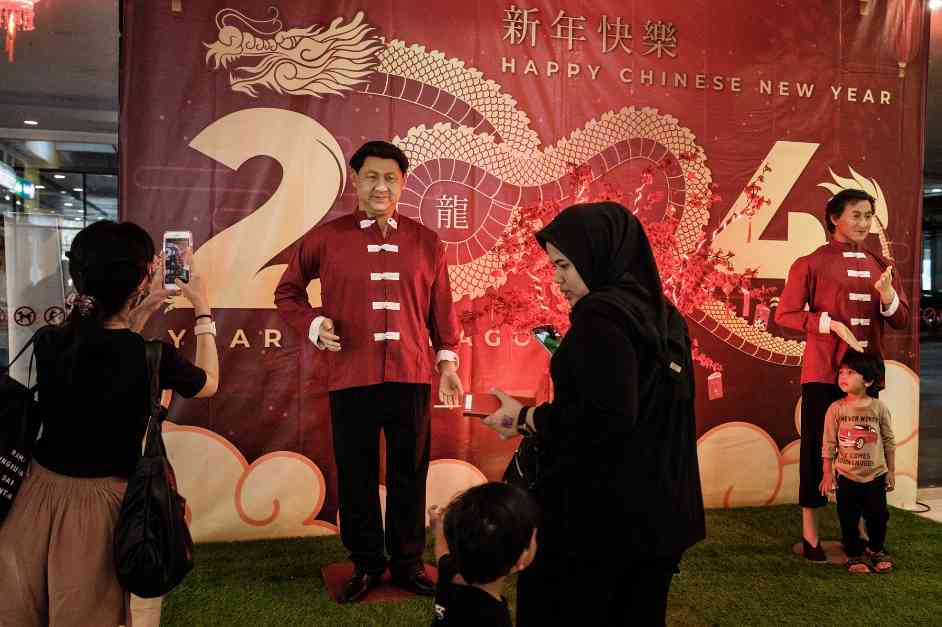Every Tuesday and Thursday, Mandarin lessons are conducted inside Masjid Istiqlal, Southeast Asia’s largest mosque, located in Jakarta, Indonesia. This initiative is sponsored by the Chinese government and organized by the Confucius Institute at Universitas Al Azhar Indonesia, a university that aims to instill universal Islamic values in its students. The program offers free Mandarin lessons to students, including 25 registered individuals, 20 of whom are mosque staff members. Saparwadi, the mosque’s public relations chief, is one of the students who enrolled in the classes when they began in February. He expressed his satisfaction with the program, believing that improved Mandarin proficiency among mosque staff would enhance the service provided to international visitors. Masjid Istiqlal, a popular tourist destination in Jakarta, welcomes around 7,000 foreign tourists monthly, with the majority coming from China, Japan, and South Korea.
The relationship between China and Muslim communities in Indonesia has been evolving in recent years. Following a coup attempt in 1965, Indonesia’s relations with China were strained, leading to a ban on Chinese-medium schools and publications. However, in a notable shift, the Chinese government has been actively engaging with various Muslim organizations in Indonesia to improve its image and strengthen people-to-people exchanges. The first Confucius Institute in Indonesia was established at an Islamic university, emphasizing China’s diplomatic efforts towards the Muslim community in the country.
Chinese diplomats have met with prominent figures in Indonesian Islamic organizations, including the general chairman of Nahdlatul Ulama and members of Muhammadiyah, to foster closer ties. In addition, the Chinese embassy has organized events and initiatives with these organizations, such as Ramadan care-package donations and iftar gatherings. The visit of Indonesian officials to Xinjiang, organized by the Chinese Embassy, indicates China’s efforts to address concerns raised by Indonesian civil society organizations regarding the treatment of Uyghur Muslims in Xinjiang.
Despite China’s attempts to engage with Muslim communities in Indonesia through various initiatives and exchanges, there are mixed reactions among the Indonesian public. While some individuals acknowledge the positive aspects of China’s outreach efforts, others remain critical of China’s policies, particularly regarding the treatment of Uyghurs in Xinjiang. The Indonesian government’s stance on the issue has been somewhat ambiguous, with Jakarta voting against discussions on Xinjiang at the United Nations Human Rights Council in 2022.
China’s engagement with Muslim communities in Indonesia has broader implications for bilateral relations and regional dynamics. By aligning itself with Muslim nations in condemning Israel’s military actions in Gaza, China has sought to bolster its standing among Muslim countries. However, the perception of China among Indonesians is influenced by a range of factors, including historical ties, cultural exchanges, and geopolitical considerations. As China continues to navigate its relationships with Muslim communities in Indonesia, the impact of these engagements on public opinion and diplomatic relations remains a subject of ongoing discussion and analysis.

















